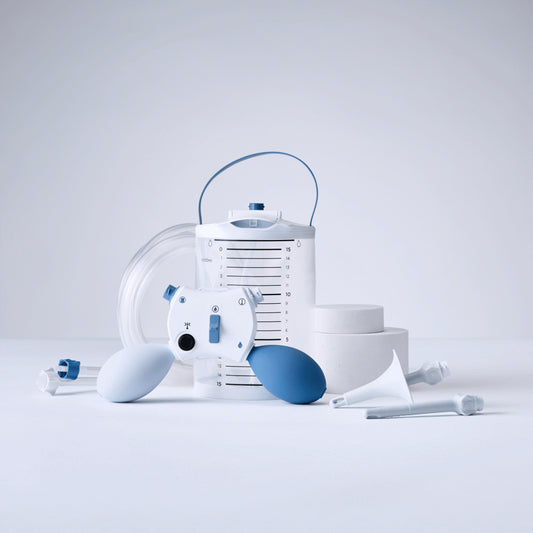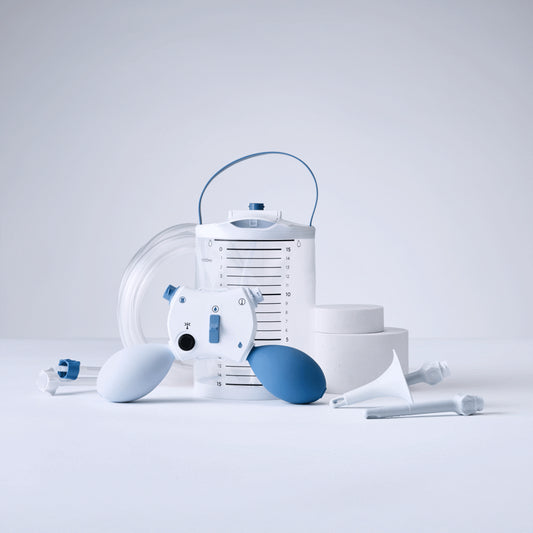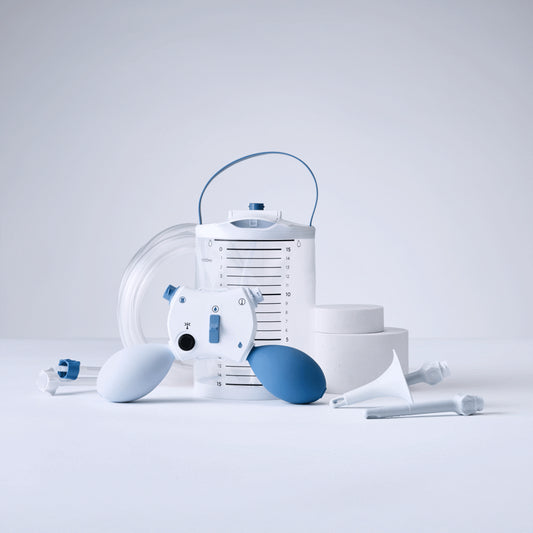Chronic Obstructive Pulmonary Disease (COPD) is a chronic inflammatory lung disease that obstructs airflow from the lungs. It is a progressive disease, often developing over many years, which means that the symptoms typically worsen over time. Recognising the symptoms and understanding the disease's progression are crucial for patients and healthcare providers to manage COPD effectively.

Initial Symptoms of COPD
The early symptoms of COPD can be mild or even unnoticeable. As the disease progresses, symptoms generally become more severe and can significantly impact a person’s quality of life. Typical COPD symptoms include:
Shortness of Breath (Dyspnea): Initially, shortness of breath occurs with exertion but can become a constant companion as COPD progresses.
Chronic Cough: A persistent cough that may produce sputum (phlegm) can be a telltale sign of COPD.
Sputum Production: The production of a significant amount of sputum is common.
Chest Tightness: A sensation of tightness or pressure in the chest is often reported by COPD patients.
These symptoms are indicative of the damage to the lungs and airways caused by COPD and the body’s attempt to clear the airways and compensate for reduced lung function.
Progression of COPD
COPD progresses in stages, with symptoms becoming more severe and more frequent:
Mild COPD (Stage 1): Symptoms may be so mild that they are not noticeable, or they may be attributed to aging or a lack of fitness.
Moderate COPD (Stage 2): Symptoms become more persistent, and medical treatment is often sought at this stage.
Severe COPD (Stage 3): Greater airflow limitation occurs, with increased shortness of breath, frequent exacerbations, and a decrease in quality of life.
Very Severe COPD (Stage 4): Quality of life is greatly impaired, and exacerbations can be life-threatening.
Alarm Signs for COPD
Patients and their families should be aware of the alarm signs that indicate COPD may be worsening:
- An increase in the severity of symptoms.
- More frequent flare-ups or exacerbations.
- Symptoms that interfere with daily activities.
The Causes of COPD
The primary cause of COPD is long-term exposure to substances that irritate and damage the lungs. This is most often from cigarette smoke, but COPD can also develop due to long-term exposure to other lung irritants such as air pollution, chemical fumes, or dust.
COPD symptoms and their progression can profoundly affect a person’s ability to lead a normal life. However, with early diagnosis, appropriate management, and lifestyle changes, the progression of COPD can be slowed, and the quality of life can be maintained. If you or a loved one are experiencing any of these symptoms, please consult a healthcare professional for assessment and advice.



